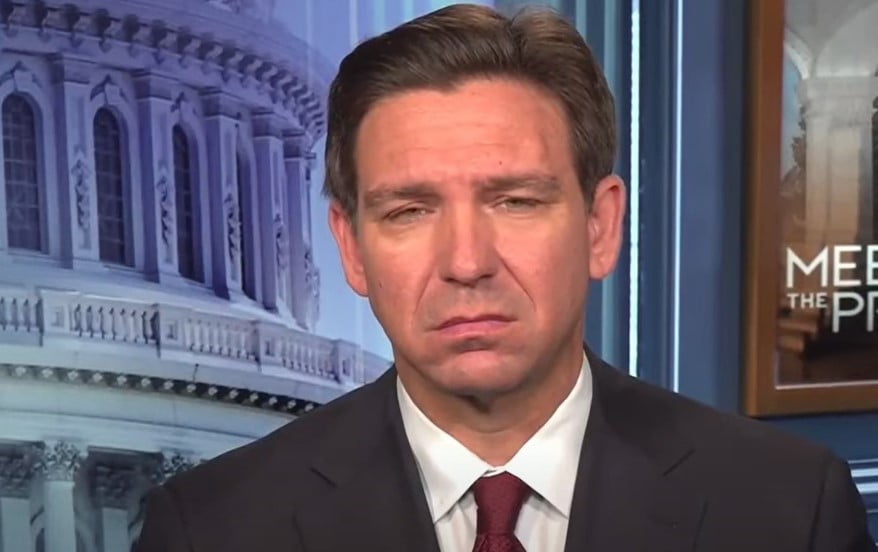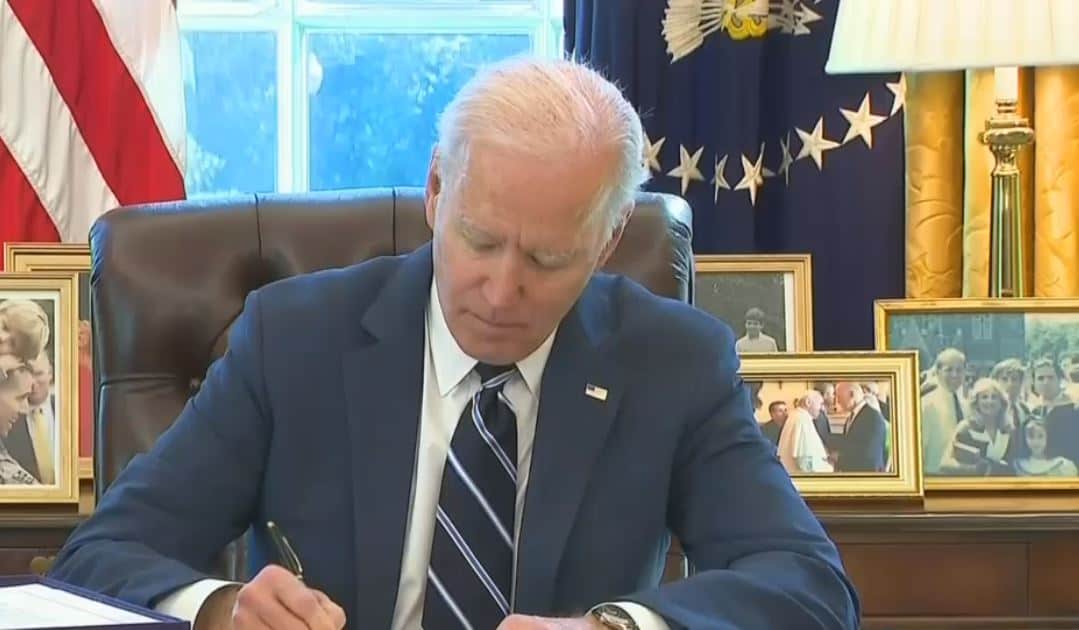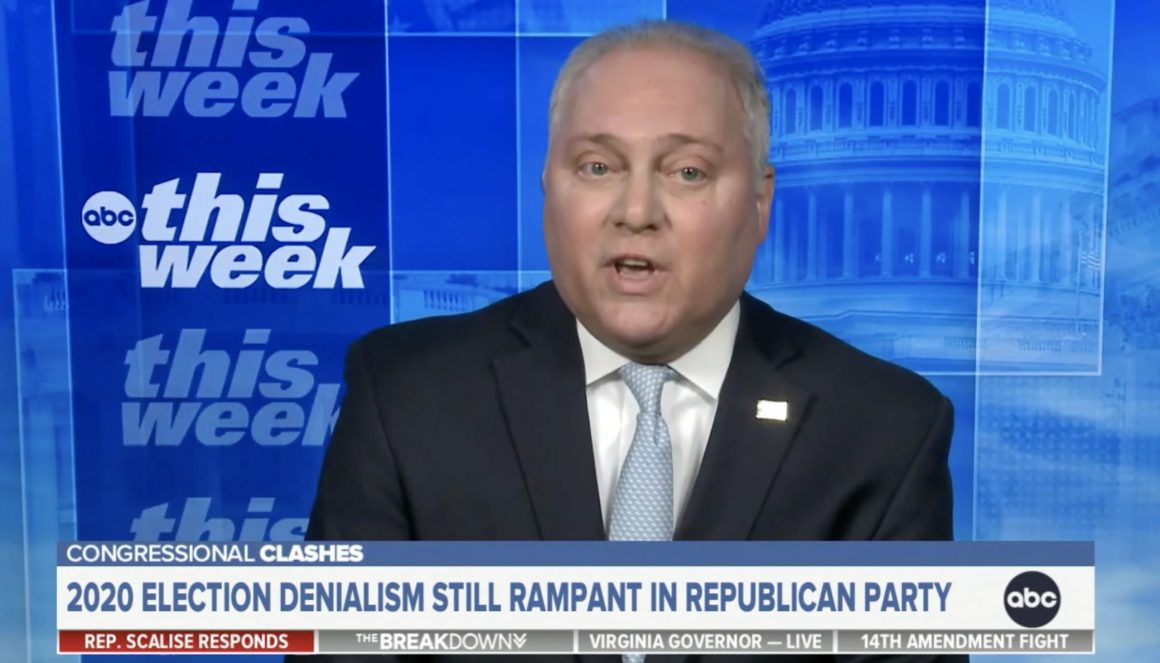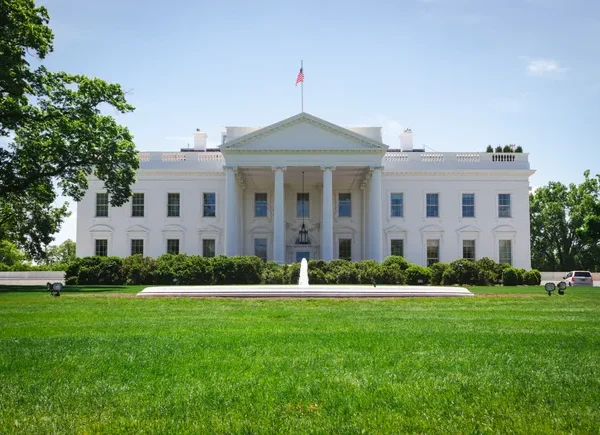
House Armed Services Committee (HASC) approved an amendment to the National Defense Authorization Act (NDAA) for Fiscal Year 2025.
The amendment H.R. 8070 will automatically register all draft-age male U.S. residents with the Selective Service System for a possible military draft, based on information from other Federal databases.
This new system of automatic draft registration would replace the existing system, in place since 1980, in which young men have the freedom to decide whether or not to sign up for the draft.
According to People’s World, the automatic draft registration proposal was initiated by the Selective Service System (SSS) as part of its annual budget request to Congress. Introduced by Rep. Chrissy Houlahan (D-Pa.), it was “wholeheartedly” endorsed by HASC Chair Mike Rogers (R-Ala.), and approved by voice vote of the full committee without audible opposition.
The bill was approved in the House with a vote of 217 to 199. Among the votes, 211 Republicans supported the measure, while Marjorie Taylor Greene (GA), Thomas Massie (KY), and Matt Rosendale (MT) voted no.
196 Democrats voted against the bill, with 6 breaking ranks to vote in favor. The legislation now advances to the Senate for further deliberation.
BREAKING: The House of Representatives has passed a measure today that will automatically register men between the ages of 18 and 26 for selective service as part of the annual (NDAA)
— George Papadopoulos (@GeorgePapa19) June 14, 2024
Read the press release below from Bill Huizenga (R-MI):
Today, the House passed H.R. 8070, the Servicemember Quality of Life Improvement and National Defense Authorization Act (NDAA) for Fiscal Year 2025. This legislation is designed to enhance our national security and military readiness with a special focus on quality of life for our military community. H.R. 8070 authorizes a 19.5% pay raise for junior enlisted servicemembers while providing a 4.5% pay raise for other service members. Importantly, this legislation includes three amendments from Congressman Huizenga that address NATO funding, arctic security, and mitigating American military data from being siphoned, exposed, or shared with Communist China. H.R. 8070 passed the House by a vote of 217-209.
“This legislation strengthens our military readiness and capabilities while improving housing, childcare, and the overall quality of life for the men and women serving in our Armed Forces,” said Congressman Bill Huizenga. “Importantly, this legislation takes steps to root out waste, saving taxpayers $30 billion by cutting inefficient programs, obsolete weapons systems, and unnecessary Pentagon bureaucracy. Additionally, this bill blocks the Biden Administration’s reduction in U.S. Special Forces while stopping the Biden Administration from transferring terrorists currently housed in Guantanamo Bay to prisons in the United States. Lastly, this legislation includes multiple amendments I have authored to enhance our national security and counter aggressive actions taken by Russia and China.”
This year’s House version of the NDAA included three amendments from Congressman Huizenga:
- Expresses the sense of Congress that each NATO member state should commit, at a minimum, 2% of its GDP to defense spending to ensure NATO’s military readiness. In 2022, only 7 of the 31 NATO member states met their obligations. Now, nearly all NATO countries have a plan to reach the 2% goal, however, there are still some that remain delinquent. Those countries are Canada, Portugal, Italy, Slovenia, Turkey, Spain, Belgium, and Luxembourg. There is the potential for this to be addressed at the upcoming NATO Summit held in Washington, D.C. next month.
- Requires the Department of Defense to report to Congress building upon the restriction on DOD’s contact with the Chinese People’s Liberation Army (PLA) by detailing measures DOD is taking to mitigate the risk of the PLA gaining indirect knowledge of US Armed Forces’ equipment and operational tactics, techniques, and produces through interaction with the militaries of US allies and partners.
- Requires a report to Congress on the military activities of the Russian Federation and the People’s Republic of China in the Arctic Region. Additionally, the amendment requests detailed information on the Arctic Council as well as the newly appointed U.S. Ambassador-at-large for the Arctic Region and how the U.S. plans to engage with other Council members. Recently, the Arctic has seen an uptick in activity from both the Russians and the Chinese Communist Party. This amendment is designed to refocus the effort with our strategic partners and allies to prevent expansion of both China and Russia in the region.















